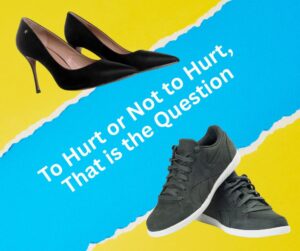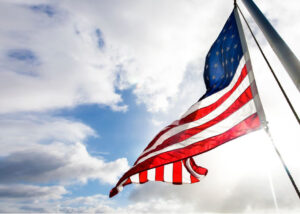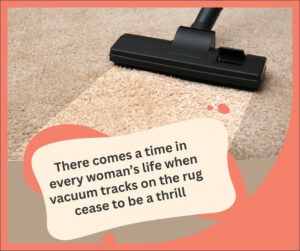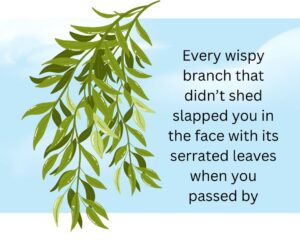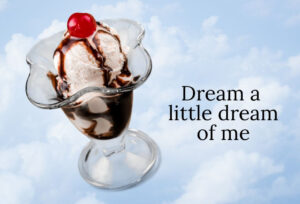Get a group of women together and chances are they will talk about relationships. And shoes. More specifically, relationships with shoes.
The conversations are about shoes somebody loves, shoes somebody used to love (but broke up with due to plantar fasciitis), and shoes somebody dreams of meeting in the future.
These are women in crisis grappling with the reality that they can no longer live in fashionable heels but need to wear comfortable shoes. Transitioning to comfortable shoes is a major life change that aging experts fail to mention.
My closet is a melancholy walk down memory lane. It cradles shoes that I shouldn’t wear, and can’t wear, but can’t let go of. This is known as shoe separation anxiety.
Yesterday, I pulled a dusty box from under the bed to feast my eyes on a beloved pair of boots I can no longer wear. It was sole food.
Sadly, my most comfortable shoes are a pair of well-worn hiking boots. That’s a hard one to pull off at weddings and funerals.
The last shoe convo I had in a group of women went like this:
“I love Hoka. They’re like wearing clouds,” said one.
“I can’t do clouds,” countered another. “I need support.”
“The On tennis shoes are good,” chirped another. “They have so much cushioning on the bottom you could use them for a flotation device.”
If you happen upon a comfortable-shoe conversation, think twice before sticking your toe in the water.
I first noticed my shoes were unbearable at a wedding two years ago. Silver heels. You should see them. You still can—they’re on the closet shelf. I kicked them off under the table during the reception and, when the wedding was over, walked barefoot on gravel to get to the car.
Two weeks later I was in a podiatrist’s office. He said I needed orthotic inserts. I questioned that. He explained in detail how they would help. I said, “OK, I stand corrected.”
Orthotic inserts are so expensive that I keep them in the safe deposit box at night. Comfort comes with a cost.
Costly as they are, comfortable shoes are such a relief to hurting feet that they quickly become both necessity and obsession. The search history on my computer sadly reveals 98 percent of my searches are for shoes with arch support. I toe the line.
I now know why Dorothy in the “Wizard of Oz” kept saying “There’s no place like home, there’s no place like home,” while clicking her ruby slippers together. Home was where her comfortable shoes were.

